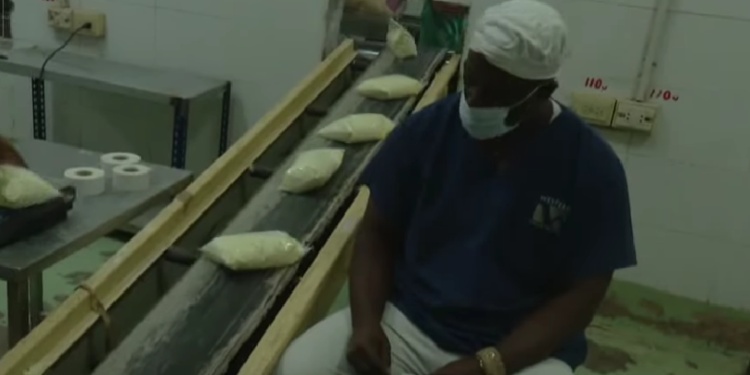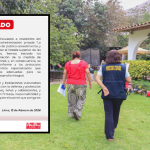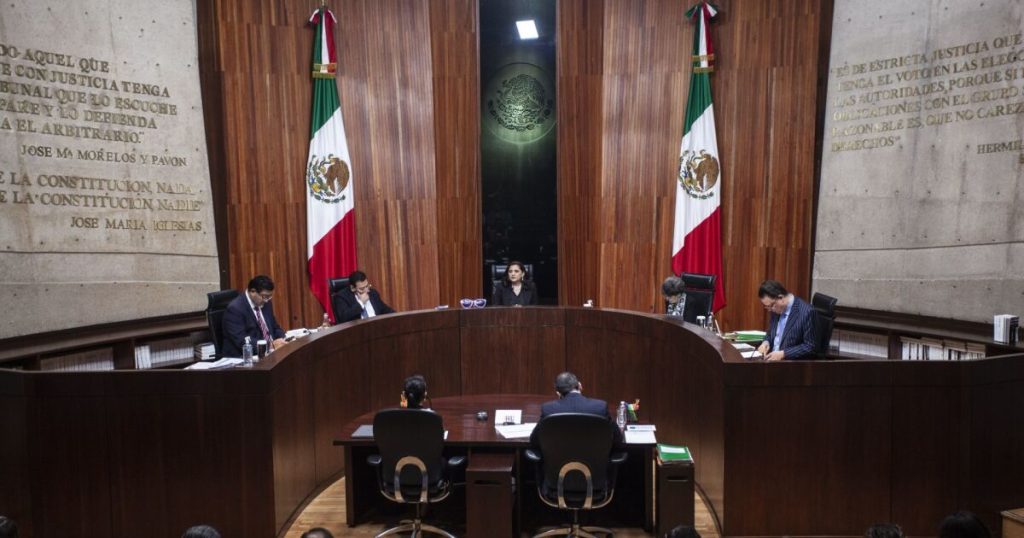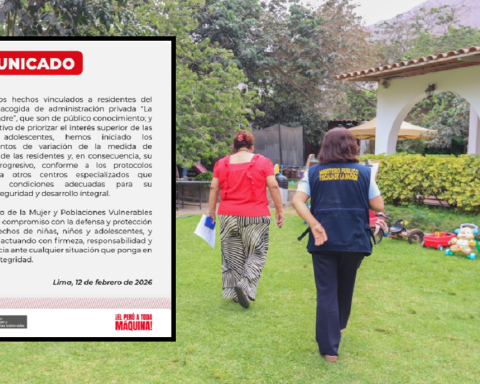AREQUIPA, Peru – The Minister of the Food Industry (MINAL), Alberto López Díaz, appeared this Friday in the official space Round Table, where he recognized the chaos in the sector, marked by the failure to comply with plans and a considerable decrease in production.
The owner pointed out that the energy situation and the fuel deficit have negatively impacted the operation of this industry, which in 2024 received only 48% of the fuel planned for its management.
“We are not exempt in the food industry from the economic and socioeconomic complexities that the country is going through, and as an organization that has an important weight in one of the main priorities and needs of our people, which is food, this negatively affects our results. ”López Díaz stressed.
In relation to bread in the basic basket, a food that motivates complaints from the population and depends on the distribution of wheat flour, the minister said that this “crucial” raw material is only produced in the capital and is transported from Pinar del River up Guantanamoto try to cover all distribution networks in the country’s municipalities.
“The tense situation that is currently being experienced further complicates the capacity of this industry,” justified the official in reference to the energy crisis and the main scapegoat for the inefficiencies of the Cuban regime, the US embargo.
According to him, there are problems in an IMSA mill, a joint company in Havana that has been paralyzed for almost three weeks (20 days) due to obstacles in acquiring a small part that is in the North American market.
López Díaz asserted that “it takes work” to hire a ship to transport the wheat, despite having the money available, which makes the bread production cycle more complex.
“Practically we have not fulfilled the plans that we proposed for this year and we have decreased in several important productions,” added the owner.
Of the 22 productions selected in 2023, there was a decrease in 20 and during 2024 it was not met in any, although a “slight growth” has been recorded in seven of them, such as beer, tomato paste, and aquaculture. “It is still insufficient for the needs of the country,” he admitted.
“Of the 43 million planned for the purchase of raw materials, spare parts, bread production, maintenance and repair of the boilers in the dairy factory, only seven million have been able to be granted, which represents 9% of the planned total. ”.
Regarding other foods demanded by Cubans on the Island and included in the basket rationalized by the Government, among them powdered milk for children and diets for pregnant women, chicken, oil, soy yogurt and bread, the minister commented that the industry must dedicate more than 33 million dollars monthly to guarantee these five products.
Regarding this, he also explained that approximately 1.1 million dollars a day would be needed to ensure its availability.
Currently there are some “some delays” in the distribution of milk, which has been destined for children from zero to two years old as a prioritized group, while infants from two to six years old in the provinces have not received the product.
Furthermore, the MINAL leader acknowledged that the population “has a lot of dissatisfaction” with the results of the fishing.
“As we have discussed before, we do not have the amount of fish on the platform, but neither do we have the capacities, due to limitations in fuel, boats and other elements. The lack of fuel has limited us from capturing 5,000 tons, and we have well defined that. “We are betting on the cultivation industry,” he added.
Another sector in crisis
In October, the Minister of Agriculture of Cuba, Ydael Pérez Brito, recognized that agricultural production on the Island is in a critical situationwith severe difficulties in the production of basic foods and a drastic drop in several key sectors.
The official explained that the crisis is marked by the lack of fuel, supplies and structural problems in the country’s productive system.
Pérez Brito highlighted the alarming decrease in poultry and pork production. “Four years ago we had eight million chickens, today we have three million. As for breeding pigs, we have gone from having 96,000 to only 26,000,” he stated.
As to egg productionthe situation is even more serious. “We produced between four and five million eggs a day, but currently we produce less than 200,000,” said the minister.
The minister acknowledged that production in 2024 has been insufficient to meet the country’s needs. “We are decreasing in relation to the production of important foods such as eggs, pork, milk and beef,” he noted.
For his part, economist Pedro Monreal, in his analysis of the appearance, questioned the lack of self-criticism and the absence of clear statistics. “The crisis began before the pandemic, and agricultural policy has been incapable of resolving it,” expressed on the social network.

















